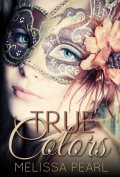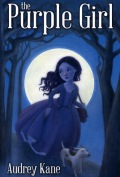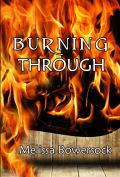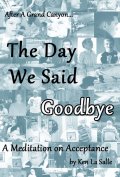 Back in broadcast journalism school, I was taught that the shorter and simpler the sentence structure, the better. Subject-verb-object ruled the day. Semicolons were verboten. I was told to count the words in my sentences to make sure I had no more than twenty words in each. (I’ve since heard the new rule is ten words per sentence. Yikes.) It made sense to keep sentence structure simple because we were writing for the ear – and a pretty distracted ear at that, given that the audience is probably either getting the kids off to school or driving to work in rush-hour traffic, with the radio as background noise.
Back in broadcast journalism school, I was taught that the shorter and simpler the sentence structure, the better. Subject-verb-object ruled the day. Semicolons were verboten. I was told to count the words in my sentences to make sure I had no more than twenty words in each. (I’ve since heard the new rule is ten words per sentence. Yikes.) It made sense to keep sentence structure simple because we were writing for the ear – and a pretty distracted ear at that, given that the audience is probably either getting the kids off to school or driving to work in rush-hour traffic, with the radio as background noise.
Now that I write fiction, my sentence structure has gotten a little more involved. Narrative passages replete with adjectives and adverbs are fine (although I still try to go easy on the adverbs, preferring active verbs instead). I might even throw in a modifying clause here and there. But I find that short, punchy, subject-verb-object sentences still have their place.
It all has to do with what you’re trying to accomplish in the scene you’re writing. A complex sentence takes longer to read; a paragraph full of complex sentences, even longer. If what you’re after is lyrical prose that makes your reader stop to savor every nuance, then complex sentences will suit you just fine.
But if you want to move the action along, the use of short sentences will help your reader race through to the end. Like this: Continue reading “In Defense of Short Sentences”

 Guest Post
Guest Post
 True Colors by Melissa Pearl
True Colors by Melissa Pearl The Purple Girl by Audrey Kane
The Purple Girl by Audrey Kane Burning Through by Melissa Bowersock
Burning Through by Melissa Bowersock 500 Miles to Go by J. Conrad Guest
500 Miles to Go by J. Conrad Guest The Day We Said Goodbye by Ken La Salle
The Day We Said Goodbye by Ken La Salle